1. Einstein’s Opinion of God, So Called
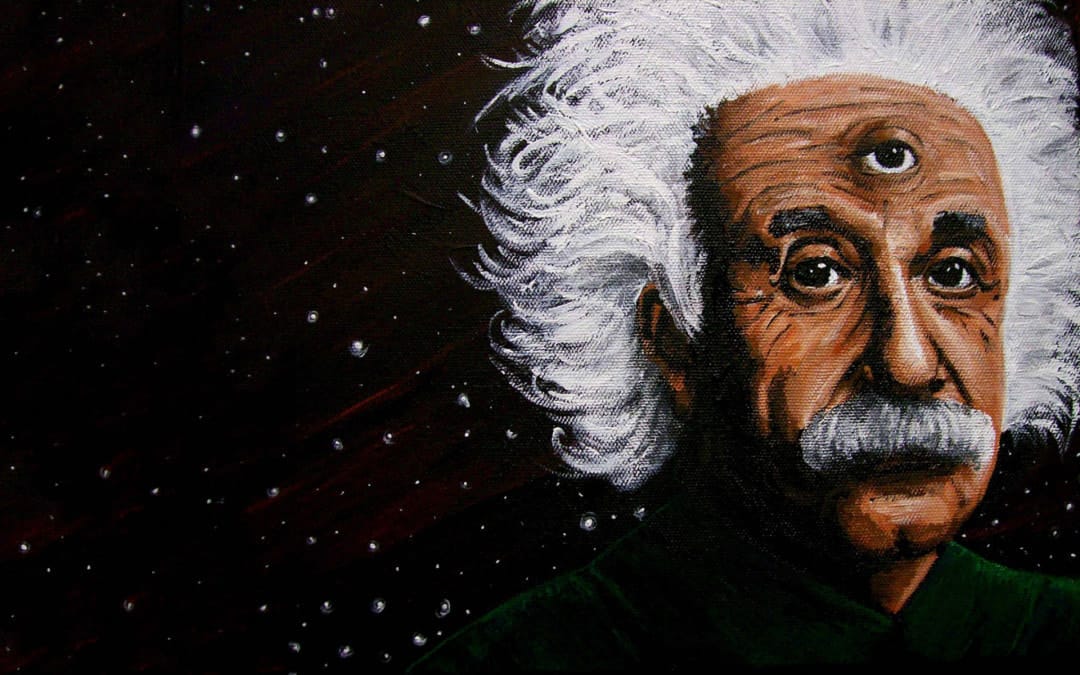
Einstein’s perspective on God, religion, organized and spiritual, and the mysterious nature of the universe have been extensively studied, and hotly debated. An interesting and recent parallel to this inquest is a finding coming from Case Western Reserve University, that shows strong evidence a personal belief in God has very apparent precedents in brain structure.
2. The Experiment
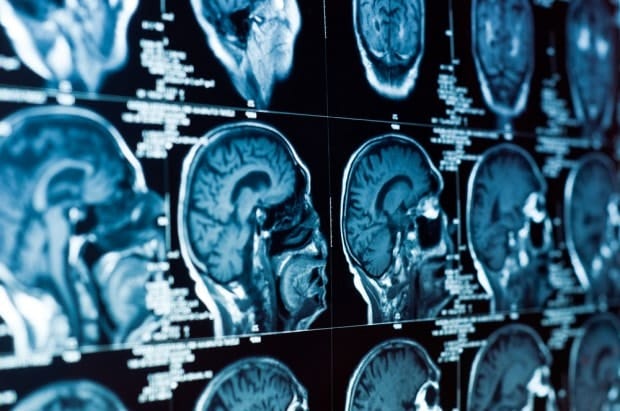
At the Brain, Mind & Consciousness at Case Western Reserve University, presided over by Tony Jack, is where the experiment took place. Using fMRI’s to gain insight into the brain, Jack saw two distinct pathways the brain used: an analytical network for critical thinking, and a social one for dealing with touchy-feely stuff.
3. All Fired Up
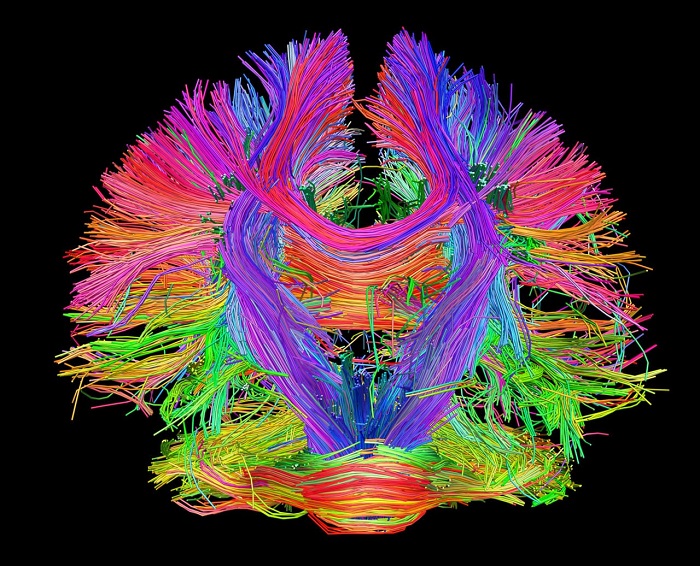
What Jack saw is that if a healthy brain, and its normal owner, were presented with a logical problem, the analytic network would light up, and the emotional one would go dark. Conversely, if the same brain were given a moral quandary, the social network would illuminate, and the critical thinking side would be dormant. That’s so energy can be properly allocated, and so signals don’t get crossed.
4. The Trade Off
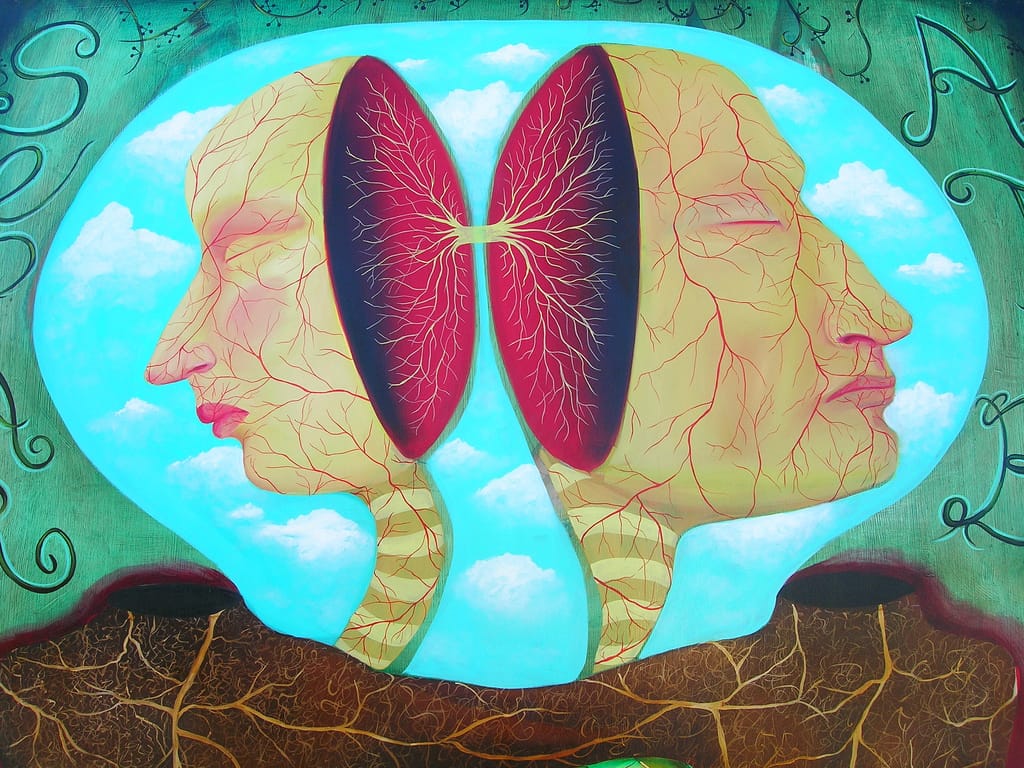
The thing is, researchers found that though people who didn’t believe in God were more analytical and, statistically speaking, more intelligent, those whodid believe in God were more social and empathic. So there is a bit of a trade off, or so it would seem, in that regard.
5. Compromising
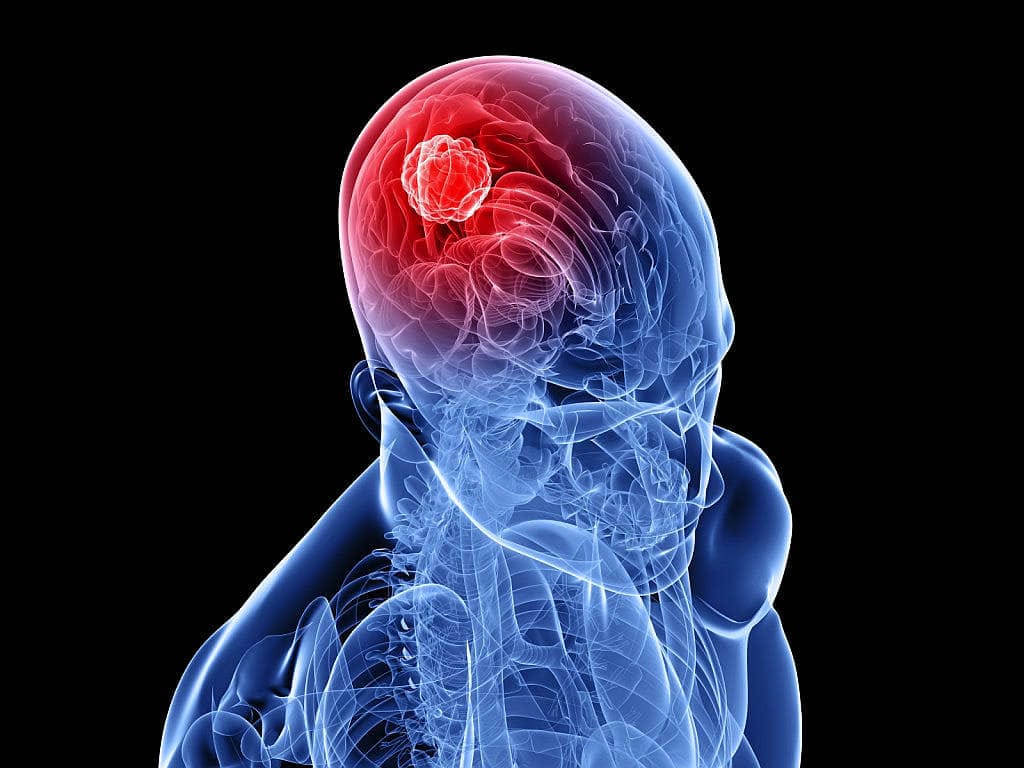
But, Jack’s team were quick to note that it’s not like a single brain can’t use both networks at different times. Just like with lifting weights, if both uses of the brain are given equal treatment, the owner will show a good balance between analytical, critical thinking in addition to emotional and moral behavior and decision-making. Anyone who spends too much time in one or the other court runs the risk of overusing that part of the brain.
6. Einstein’s Middle Ground
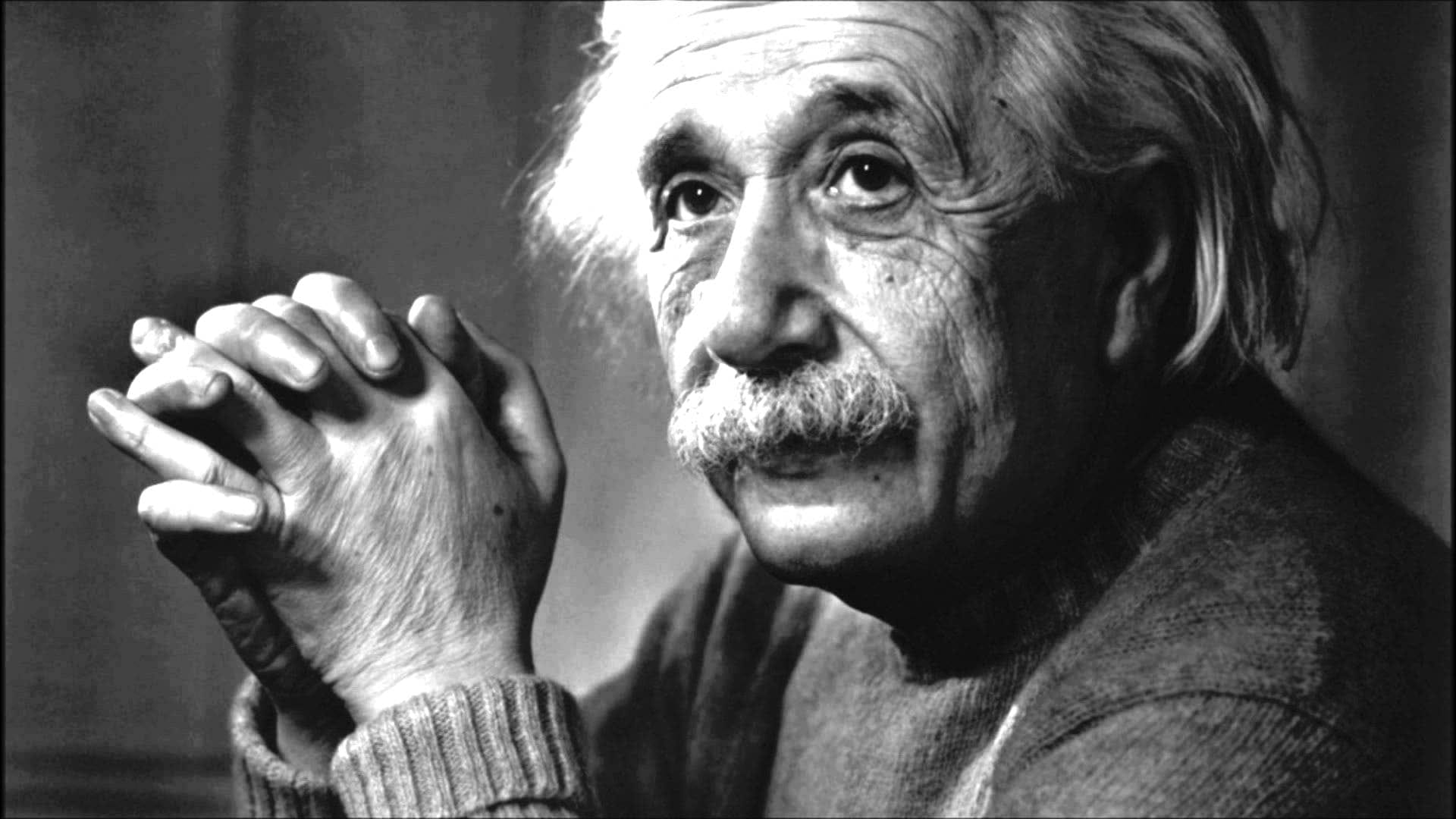
And though Einstein was, we can all agree, a man of exceptional intelligence, he was very successful in sort of walking a middle ground between exclusive analytical-thinking and empathetic feeling. For instance, here’s what he said in one of his letters:
“I have repeatedly said that in my opinion the idea of a personal God is a childlike one,” he wrote to a man who corresponded with him on the subject twice in the 1940s. “You may call me an agnostic, but I do not share the crusading spirit of the professional atheist. … I prefer an attitude of humility corresponding to the weakness of our intellectual understanding of nature and of our own being.”
7. Science and Religion: Know Thy Places
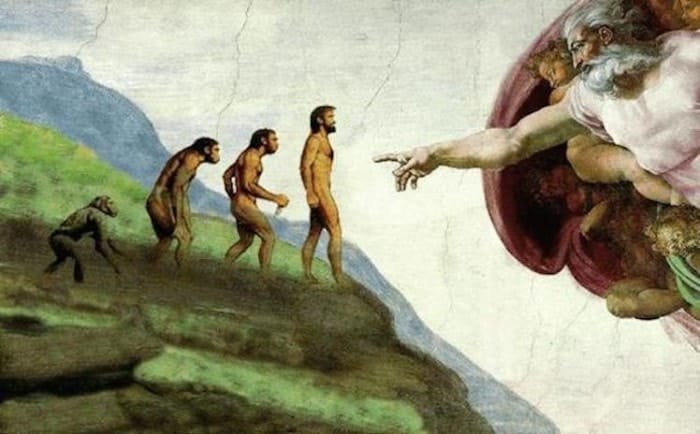
So what’s the right place for science and religion, and when can there be cross-over? Jack puts it very well when he says:
“Religion has no place telling us about the physical structure of the world; that’s the business of science. Science should inform our ethical reasoning, but it cannot determine what is ethical or tell us how we should construct meaning and purpose in our lives.”
8. Einstein’s Pantheistic God

Einstein has gone on the record of saying he believes in the pantheistic God of Baruch de Spinoza, meaning he saw God in everything. God is Nature, for Einstein, and it doesn’t belong to any one religion, and cannot be communicated to directly through prayer or anything like that.
9. The Pantheists’s Psyche
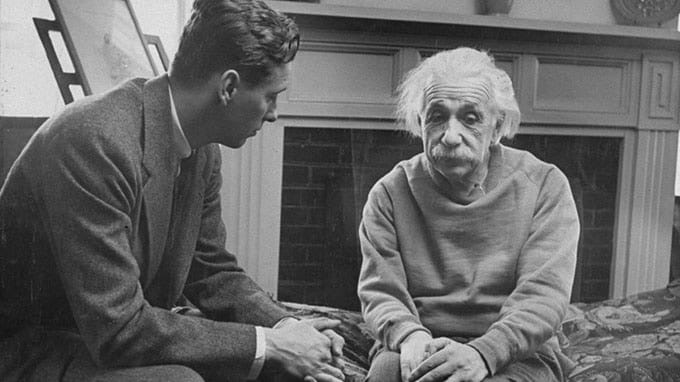
You can see how much respect and empathy a man like Einstein would have to have for practically every nook and cranny of existence, if God were in everything. Which also would lead us to believe that Einstein’s brain was lit up most all the time, either thinking analytically or emphatically.
10. The Damage Done
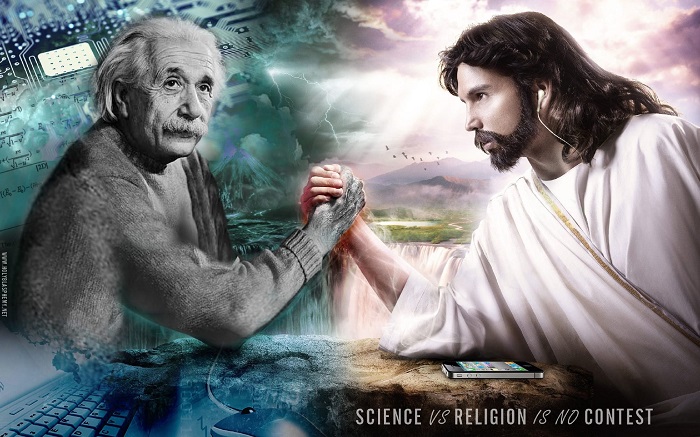
It must be acknowledged that though much damage has been done in the name of religion, there has also been havoc wrought in the name of atheistic causes. In fact, it can be argued that much of the world’s conflicts come about from a lack of empathy.
11. Religious Feeling as Inspiration for Scientific Research?
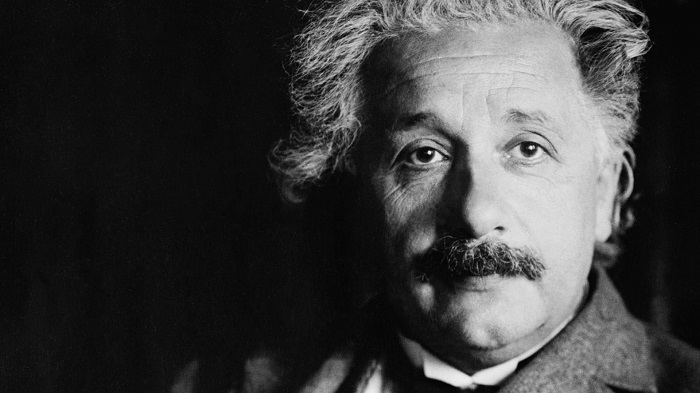
An article Einstein penned for the New York Times Magazine in the 1960s demonstrates how an interplay between open-minded religious embrace and scientific pursuits can be mutually beneficial:
“It is therefore easy to see why the churches have always fought science and persecuted its devotees. On the other hand, I maintain that the cosmic religious feeling is the strongest and noblest motive for scientific research.”
12. Nobel Prize Winners
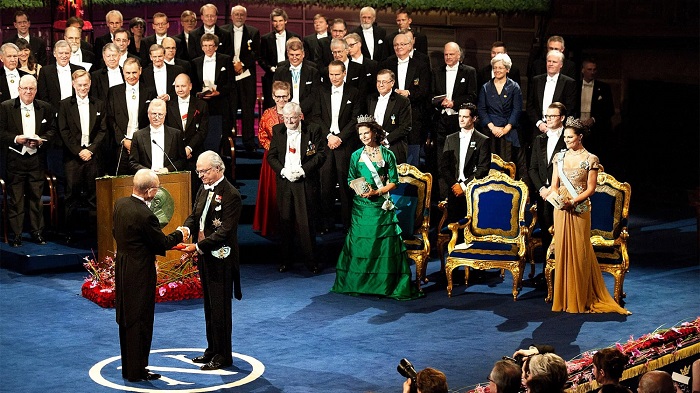
In fact, a majority of Nobel Prize winners belong to a religious group. Jack’s group cites the statistic that, “1901 to 2000, 654 Nobel laureates, or nearly 90 percent, belonged to one of 28 religions. The remaining 10.5 percent were atheists, agnostics or freethinkers.”
13. The Evolution of Religion?
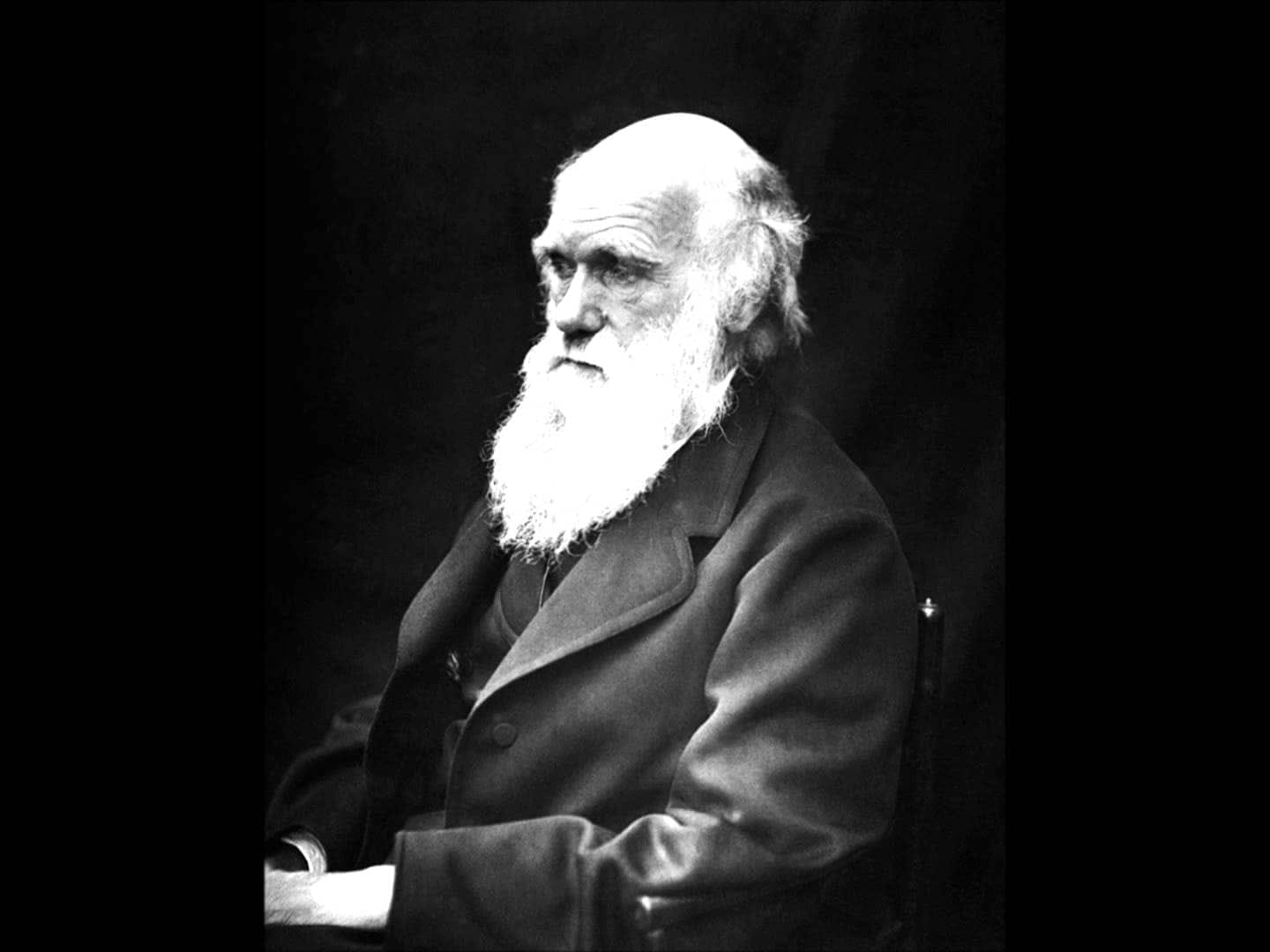
For all the rancor between the teaching of natural selection versus intelligent design in school (or at all), there’s lots of sociological evidence that shows religion may actually have been an evolutionary tool useful for survival. Chiefly, it brings people together, which increases the chances of that group’s survival. Funny how something that may have been born out of evolution would one day be so adamantly opposed to the idea.
14. When Religion Acts Analytical
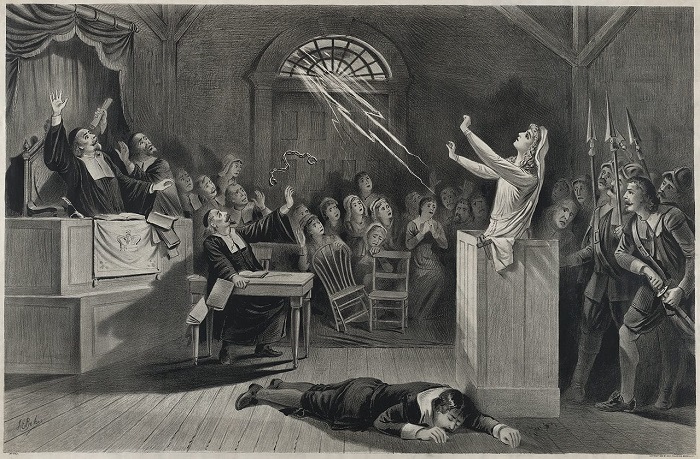
Perhaps where religion runs astray is when it tries to cross the boundary between the two types of brain pathways, and start acting analytical as opposed to emphatically. When it comes up with postulates, theorems, and is concerned with evidence and proofs, that’s when things get a little hairy. Like the use of spectral evidence in the case of the Salem Witch Trials, whereby 200 people were accused of witchcraft and 20 of them executed on convictions.
15. The Man with the Plan
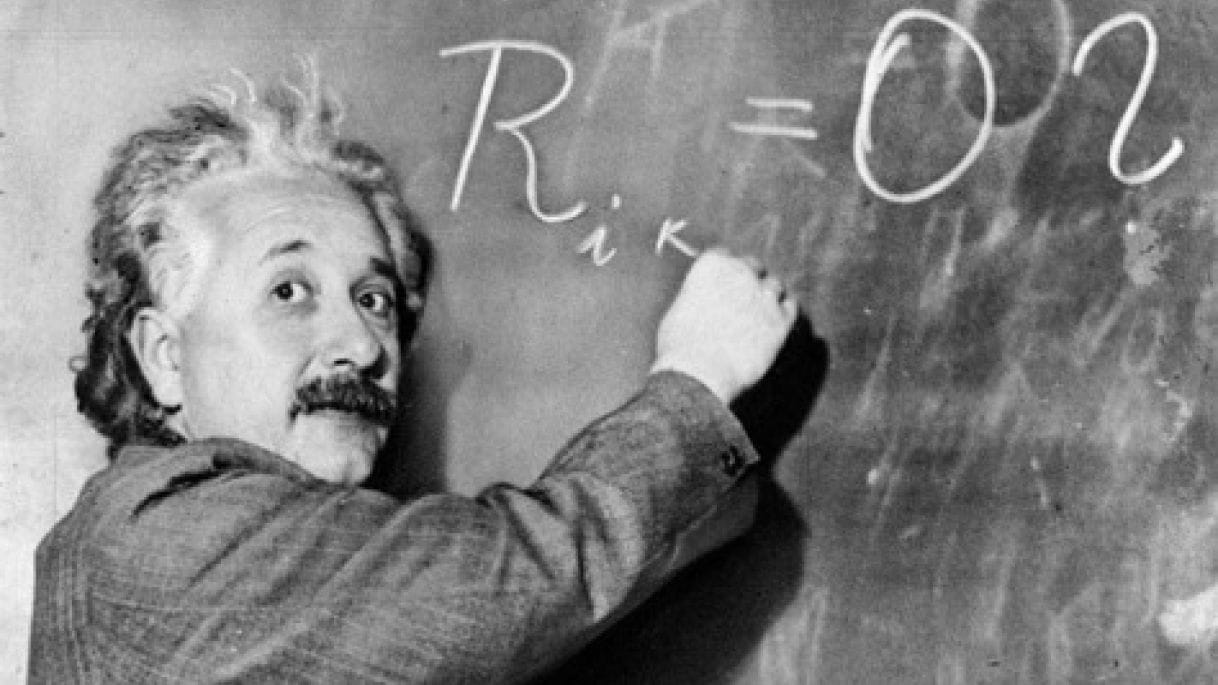
Einstein grew up in a non-practicing Jewish household. He did not subsequently practice, but he was still very much aware of his Judaism up until the day he died, having taken up the Zionist cause. What cannot be argued is that though Einstein did not practice traditional theism, he did set a model by which science and religion can not just compromise, but profit from each other.
Originally published on: guff.com
